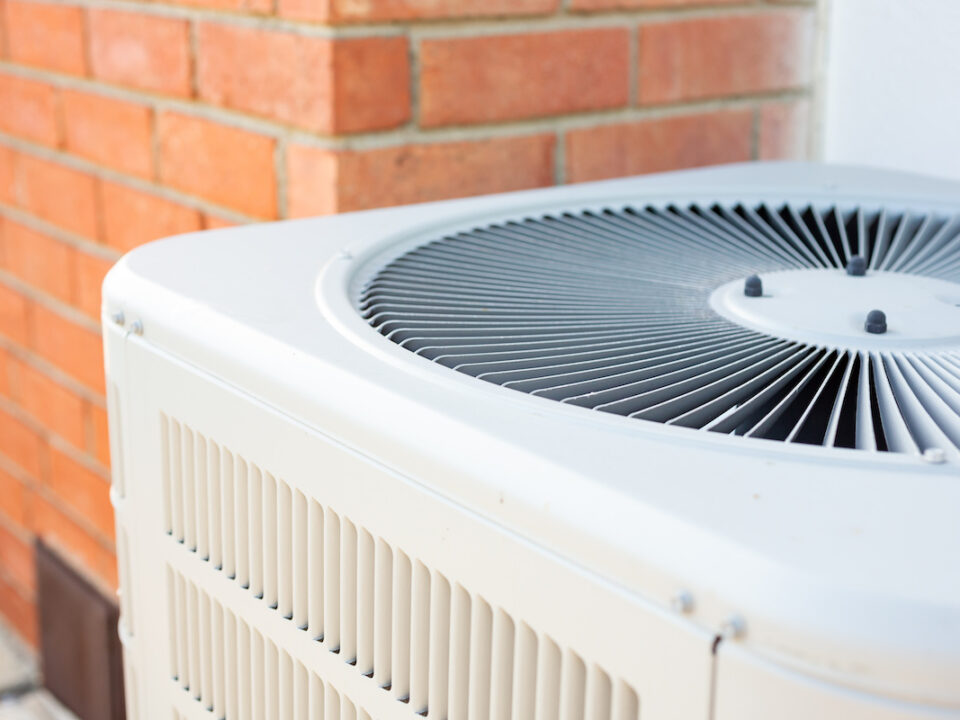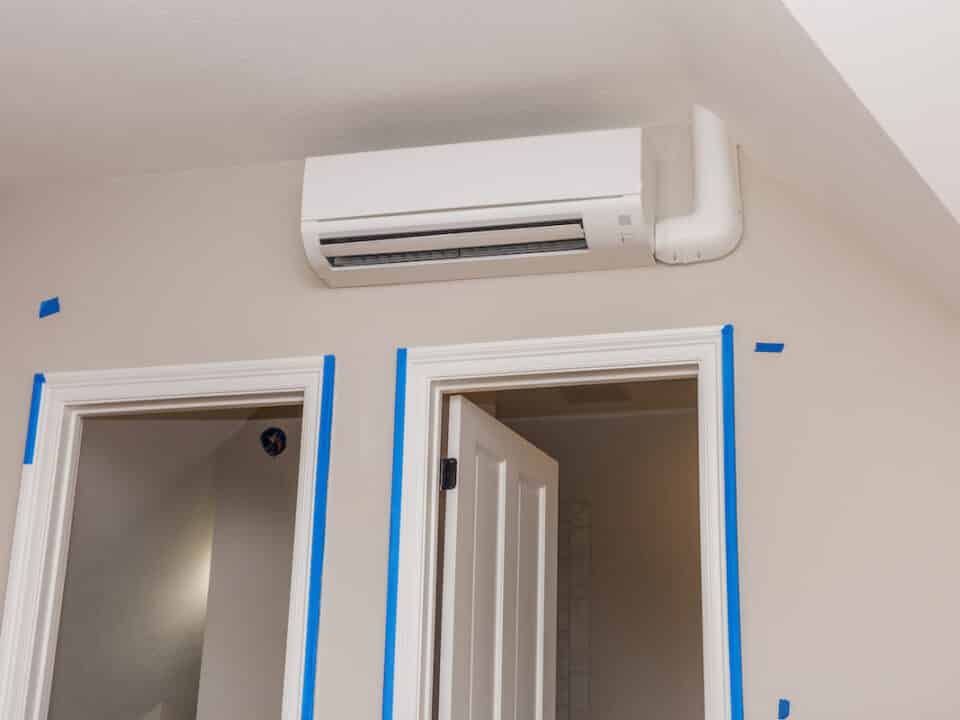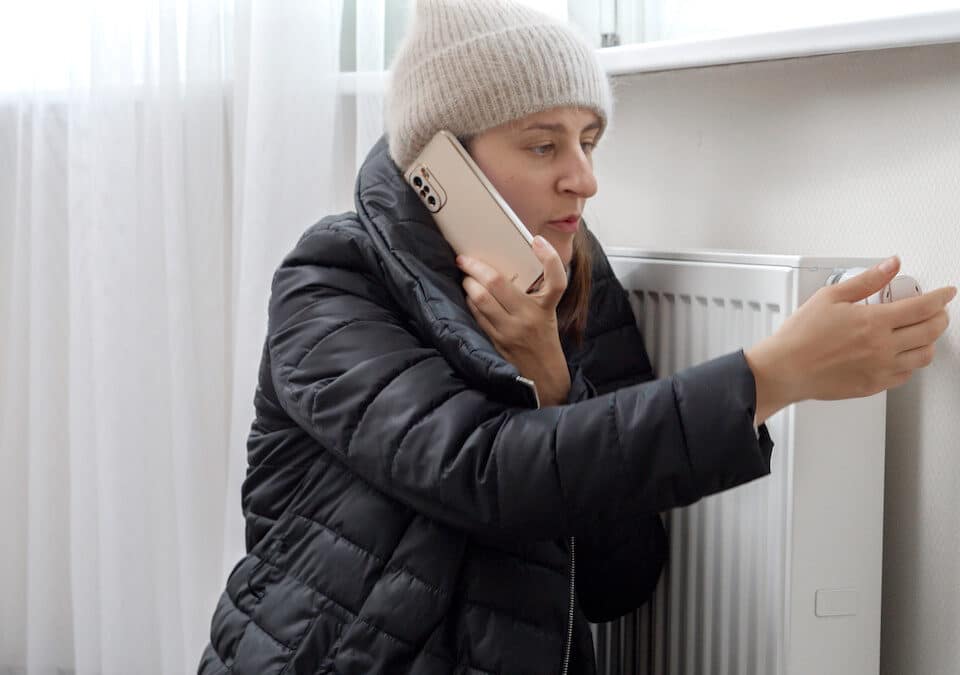HVAC Frequently Asked Questions

Answers to Your HVAC Questions
Most homes in the United States have HVAC units to regulate indoor temperatures and cool the home. And for this, homeowners are beyond grateful even when they have HVAC questions.
Just imagine. How would life be without air conditioning and heating in our homes?
Even with how common these systems are, most people have no clue how they work. All they know is without this incredible and magical machine, time spent inside the home would be drastically different.
However, as soon as the unit isn’t working correctly or energy bills are showing increasing numbers, homeowners are at a loss of what they can do.
In this blog, TRUST Heating & Air answers some of the most frequently asked questions about HVAC systems.
Continue reading to have all your burning HVAC questions answered today.
The Top 10 HVAC Questions
1 | How Often Does the Air Filter Need to be Replaced?
Answer: Once a month, or when the filter is dirty.
Air filters should be replaced as soon as they become dirty. In other words, if you see dust, debris, or a color change, it is time to switch out the old filter for a new one. This will need to be done about once a month in the summer and winter for the average home. During these seasons, we use our HVACs more often.
In autumn and spring, outdoor temperatures are more optimal, and your HVAC system doesn’t need to work as hard. So, you might be replacing the filter a little less often.
2 | Does My HVAC Need Scheduled Regular Maintenance?
Answer: Yes, at least once a year.
Experts recommend having your unit serviced twice a year. First, you’ll want the HVAC technicians to inspect the system right before summer rolls around when cooling is needed. Then, when winter is approaching, you should also schedule an inspection to prepare for heating your home.
At the very least, it is best to have your unit serviced annually. The pros will give the system a proper cleaning and inspect for any damages, worn parts, or other future hazards.
3 | Do the Air Ducts Need to be Cleaned?
Answer: Absolutely.
Air ducts contain pollen, bacteria, dust mites, and pet fur. And especially if you have allergies to one or more of these irritants, you certainly want to have your air ducts cleaned out regularly.
The least it can do for you and your home is reduce how often you need to dust and help your HVAC run more efficiently. And at most, it can eliminate allergens and even mold and mildew.
4 | What Level of Humidity is Correct for Inside My Home?
Answer: Between 30-50%.
Indoor humidity levels shouldn’t dip below 30% or exceed 50%. You can check the humidity level in your home by locating the percentage on your thermostat.
Excessive humidity not only makes your living environment feel uncomfortable, sticky, and extra warm. But it can be a severe health hazard, as well. Allergens, like dust mites, thrive in higher humidity levels.
However, when humidity levels are too low, the effects can be just as bad. Dry air can cause chapped lips, a sore throat, and itchy skin. And the structure of your home can be damaged, too. Especially low humidity can shrink wood and even cause the floorboard to crack or separate.
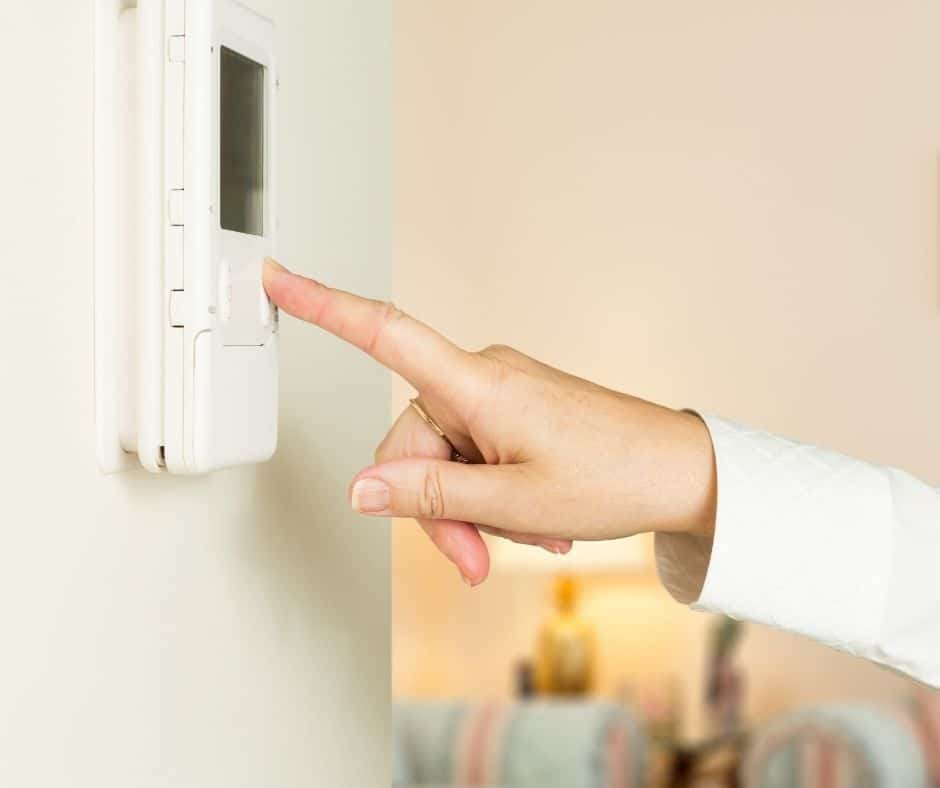
5 | Can Adjusting My Thermostat Help Save Money?
Answer: It sure can.
To save the most money on energy bills, set your thermostat as close to the outside temperature as possible. Though, you probably don’t want your home set to 85 or 90 degrees at the height of summer. And likewise, you’d prefer your home not to be icy cold during the winter.
So, what most experts recommend is the following:
In Winter: Set your thermostat four to six degrees lower than your preferred temperature.
During Summer: Set your thermostat four to six degrees higher than your optimal temperature.
Additionally, you can save money on heating and cooling bills by adjusting the thermostat for sleeping and when you leave the house.
6 | What Size Filter Does My HVAC Need?
Answer: It depends on your unit.
Your home HVAC system is designed to work with a specific filter size. To find out what size your unit requires, check the frame where the filter is placed. First, if there is a filter in the slot, remove it. Then, inspect the structure. Typically, the correct filter size is printed somewhere along the frame. Once you’ve found the size, you can purchase a filter from your local hardware store.
If you are having trouble determining what size filter your unit needs, you may need to look up your specific model. For those renting their apartment or home, you can ask your landlord what filter you will need. Plus, some apartment complexes have filters stocked at the main office, which makes replacing your filter a little easier.
7 | What Can I Do to Prolong the Lifespan of My HVAC?
Answer: Regular cleaning, scheduled maintenance, and proper care.
In all, keeping your HVAC system clean and free of debris is the best way to make it last as long as possible. Below, we have provided some essential maintenance tips to ensure your unit will continue working in tip-top shape:
- Keep debris, dirt, and dust away from the HVAC system.
- Change out the filter as needed, or at least every couple of months.
- Clear the dust and debris from your unit’s coils.
- Avoid overworking your AC and heating.
- Schedule regular maintenance checks with your local heating and air company.
8 | What Size Unit Do I Need for My Home?
Answer: It depends on several factors of your home.
Determining what size system you need for your home can be tricky to do on your own. An energy auditor is almost always required.
What they will do is survey your home for several things, including how much insulation your home has and what windows you have as well as what direction they face.
Typically, larger homes will need larger systems. And on the other end of the spectrum, smaller homes, apartments, or condos require a smaller unit.
9 | What Causes My Unit to Freeze?
Answer: More than likely, dirty coils or low refrigerant levels.
It’s a hot summer day, and suddenly your AC is covered in ice- How can this be?
Despite the irony, HVACs freezing up in the summer is a common occurrence. And there are two likely culprits:
- Dirty Coils- Without constant airflow, water particles in the air can settle on the unit’s coils, causing it to freeze. To avoid this, clear the dust and debris from the coils on a regular basis.
- Low Refrigerant Levels- Leaks can occur when the system’s refrigerant lines are worn or damaged. Leaks lead to low internal pressure, which then results in freezing.
10 | How Does Air Conditioning Work?
Answer: It’s a little complicated.
HVAC systems are complex and intricate. And you need to understand advanced science to truly grasp what your unit does to cool or heat your home.
But simply put, your AC unit cools your home by absorbing heat energy and releasing it outside. Then it replaces the inside air with cooler and better-quality air.
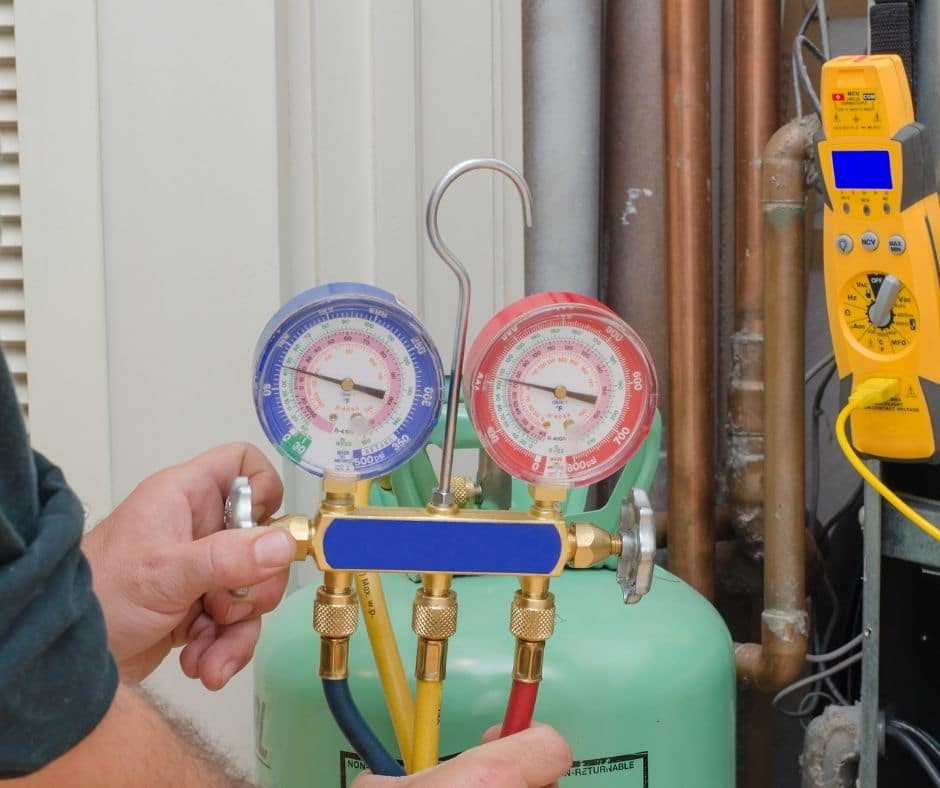
Still Have More HVAC Questions?
TRUST Heating & Air has your answers.
Give us a call today to answer your important HVAC questions right away.
And if your unit is giving you trouble of any kind, we can take care of that, too. Our technicians know just what to look for when inspecting your HVAC unit and all its components.
So, contact our friendly staff to discuss our services in greater detail and schedule an estimate appointment.
Keep your AC and heat running in tip-top shape with TRUST Heating & Air.

